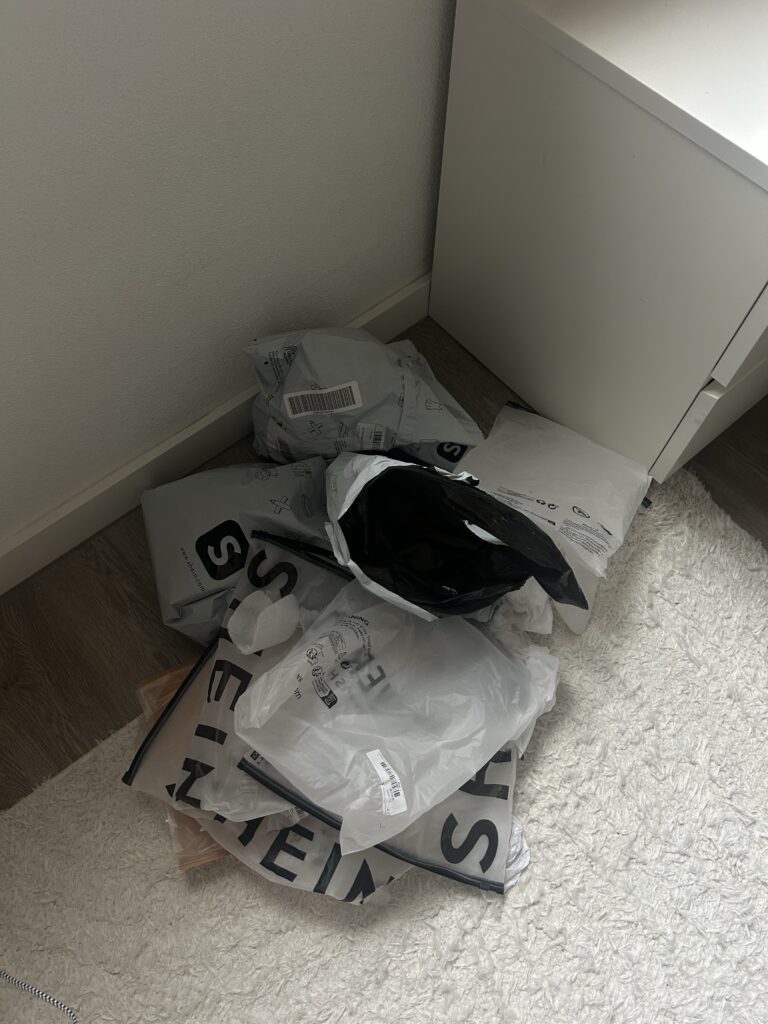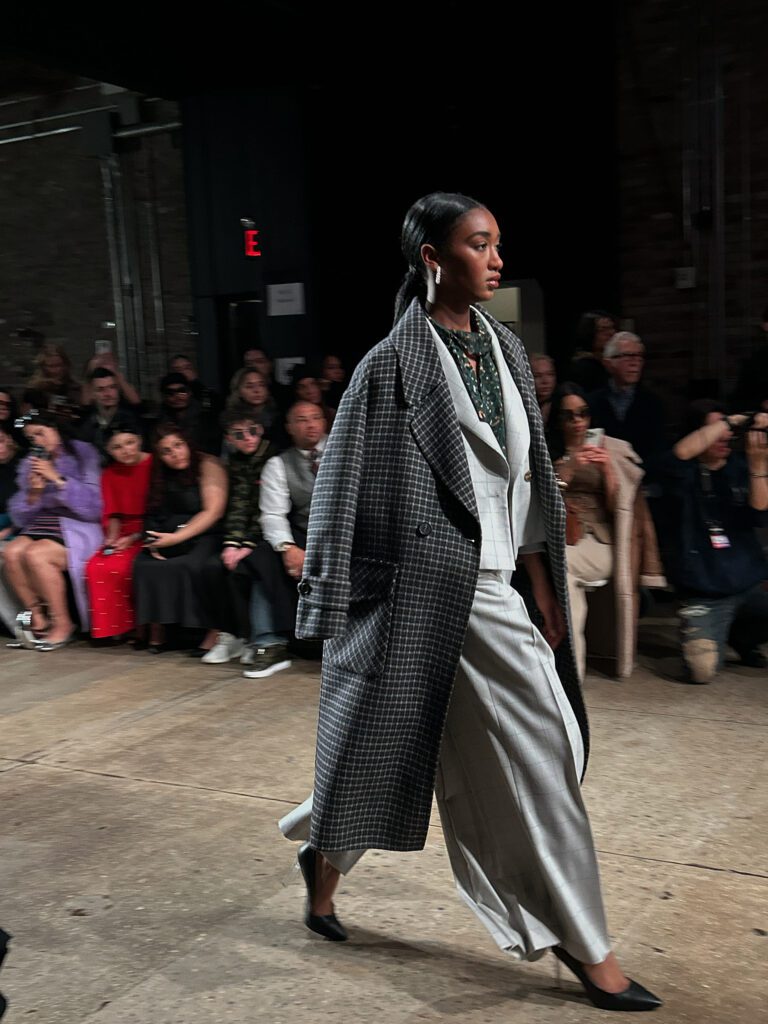Transparency in the apparel industry is urgently needed.
Many of us strive to support businesses that align with our values, but finding accurate information is challenging. Supply chains, distributors, and factory owners obscure the truth, and even the small tags sewn into our clothes can be misleading. Labels like “Made in China,” “Made in Indonesia,” or “Made in France” only tell part of the story. While these tags aren’t outright lies, they can mislead well-meaning consumers seeking ethically made clothing. A garment made in a Western country isn’t necessarily sweatshop-free. Many of our clothes subvert the truths they claim to represent through loopholes or system manipulation.
MISLEADING LABELS
Italy faces a unique challenge as Chinese companies establish underground garment factories within its borders, allowing these garments to bear the coveted “Made in Italy” tag. To some, this implies high quality; to others, it suggests worker protection. However, these garments may still involve exploitative practices. Clothing companies drive underpaid and under-regulated businesses into Italy, undercutting traditional Italian textiles and capitalizing on their prestigious reputation.
In the U.S., the situation can be worse. Although the 13th Amendment abolished slavery in 1789, it contains a loophole that permits companies to exploit cheap labor. The amendment states, “Neither slavery nor involuntary servitude, except as a punishment for crimes whereof the party shall have been duly convicted, shall exist within the United States, or any place subject to their jurisdiction.” This clause created an industry reliant on imprisoned Americans, many jailed for nonviolent offenses like drug possession. Companies like Victoria’s Secret have used prison labor to achieve the “Made in U.S.A.” tag and cheap labor. Inmates, watched by armed guards, often work full-time for as little as 2 cents per hour.
SEEK DEEPER TRUTHS
It’s crucial to ask about labor practices in each country, starting with your own. As of 2014, the global fashion industry employed nearly 25 million people, likely more today. To be a fair fashion activist is to be a labor activist. Inquire about minimum wages in all countries, even those without widely publicized human rights violations. You might be surprised by the pseudo-sweatshops in places like England or the EU.
Demand politicians safeguard industry regulations that protect workers from known carcinogens and dangerous conditions and ensure those laws are enforced. While some argue regulation stifles business, it also saves lives. Pressure companies to self-regulate when operating in developing countries. In unequal power dynamics between impoverished governments and industry giants, expecting countries to demand better is unrealistic. Western consumers can use their privilege to pressure brands into changing or risk losing their business.
Transparency in the fashion industry is just beginning. Companies willing to break rules and exploit workers for profit must be confronted with informed voters and consumers. Change will not happen overnight, but with vigilance and research, regulation and reform are possible. The first step is acknowledging the problem and deciding whether to act or accept the status quo.
Join the Club
Like this story? You’ll love our monthly newsletter.
Thank you for subscribing to the newsletter.
Oops. Something went wrong. Please try again later.






